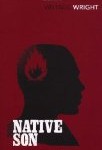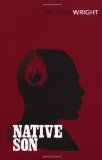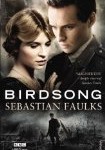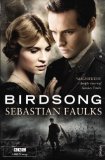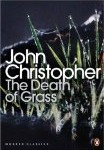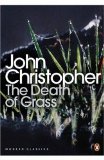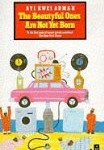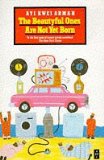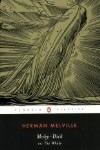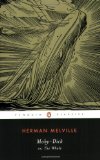Five words from the blurb: black, prejudiced, poverty, death, crime
Native Son was originally published in 1940. It became a best seller, catapulting its black American author, Richard Wright, into fame and controversy. The book highlights the deep racism that was present within America at the time and is one of the most important books written within the last century. I only discovered its existence last month, but I loved everything about it. I’m shocked it isn’t well known within the UK, but I aim to spread the word as far as I can.
The story focuses on Bigger Thomas, a black American who accidentally murders a young white woman. His crime highlights the deep divide between blacks and whites, showing the hatred and prejudice present on both sides.
I know I oughtn’t think about it, but I can’t help it. Every time I think about it I feel like somebody’s poking a red-hot iron down my throat. Goddammit, look! We live here and they live there. We black and they white. They got things and we ain’t. They do things and we can’t. It’s like living in jail. Half the time I feel like I’m on the outside of the world peeping in through a knot-hole in the fence.
Bigger’s character was fantastic. Richard Wright’s skill as an author enabled me to feel immense sympathy for him (and other criminals in a similar situation). By explaining the difficulties Bigger had faced since birth I was able to understand his actions and root for him throughout the book.
Native Son has everything a good novel needs – it is gripping, enlightening and contains vivid characters who are all flawed in a realistic manner. Most of this book reads like a thriller – I was on the edge of my seat throughout, unable to put the book down. Occasionally I wanted to avert my eyes from the disturbing scenes, but all the violence was necessary to explain the problems within the society.
The final section of the book is more political in nature, explaining the history of racism within the US. It slowed the pace of the book down, but by that point I was so invested in the characters that I didn’t mind this unusual change of style. It was fantastic to see a well written piece of fiction given such a strong historical grounding.
This is the best American novel I’ve ever read and I think you’ll struggle to find a book that does a better job of highlighting the racism present within 1940s society.
Highly recommended.

.
